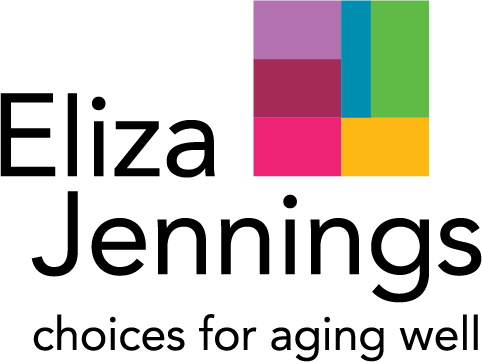Considering the Quality of Your Sleep
In a heavily researched article by expert Debra Sanders (RN, PhD, GCNS-BC) for Aging Well, several points are made about sleep the efficacy of this daily requirement for older adults. The author describes the process clearly: “As a person ages, the proportion of time spent in the deeper stages of sleep is reduced while time spent in the lighter stages of sleep increases. Moreover, repeated and frequent nighttime awakenings or arousals can disrupt sleep patterns,” identifying how individuals at a certain age can struggle with rest.
Eliza Jennings residents may identify with this process as an issue (and key discomfort) commonly experienced before consultation with one of our community professionals. Sanders continues her assessment by stating, “Sleep latency, or the amount of time it takes to fall asleep, increases with age, creating longer periods of lying awake before sleep ensues. Sleep efficiency, or the ratio of the amount of time spent in bed to time spent asleep, changes so that more time is spent in bed awake than time actually sleeping.” And it’s the reduction of this issue, sleep latency, and the increase of its less stressful counterpart, sleep efficiency, that older residents involved in our wellness programs are able to learn to experience.
Read more: http://www.agingwellmag.com/archive/050712p22.shtml
